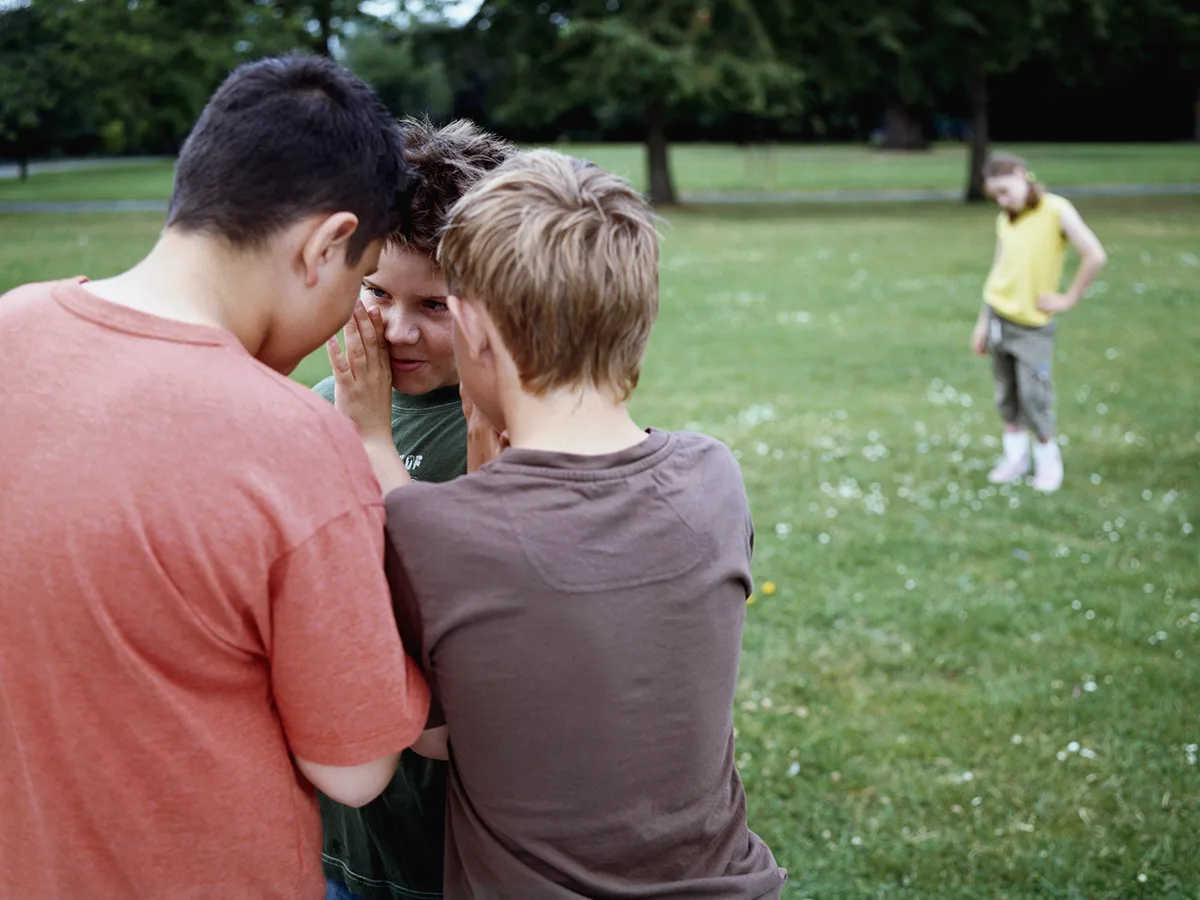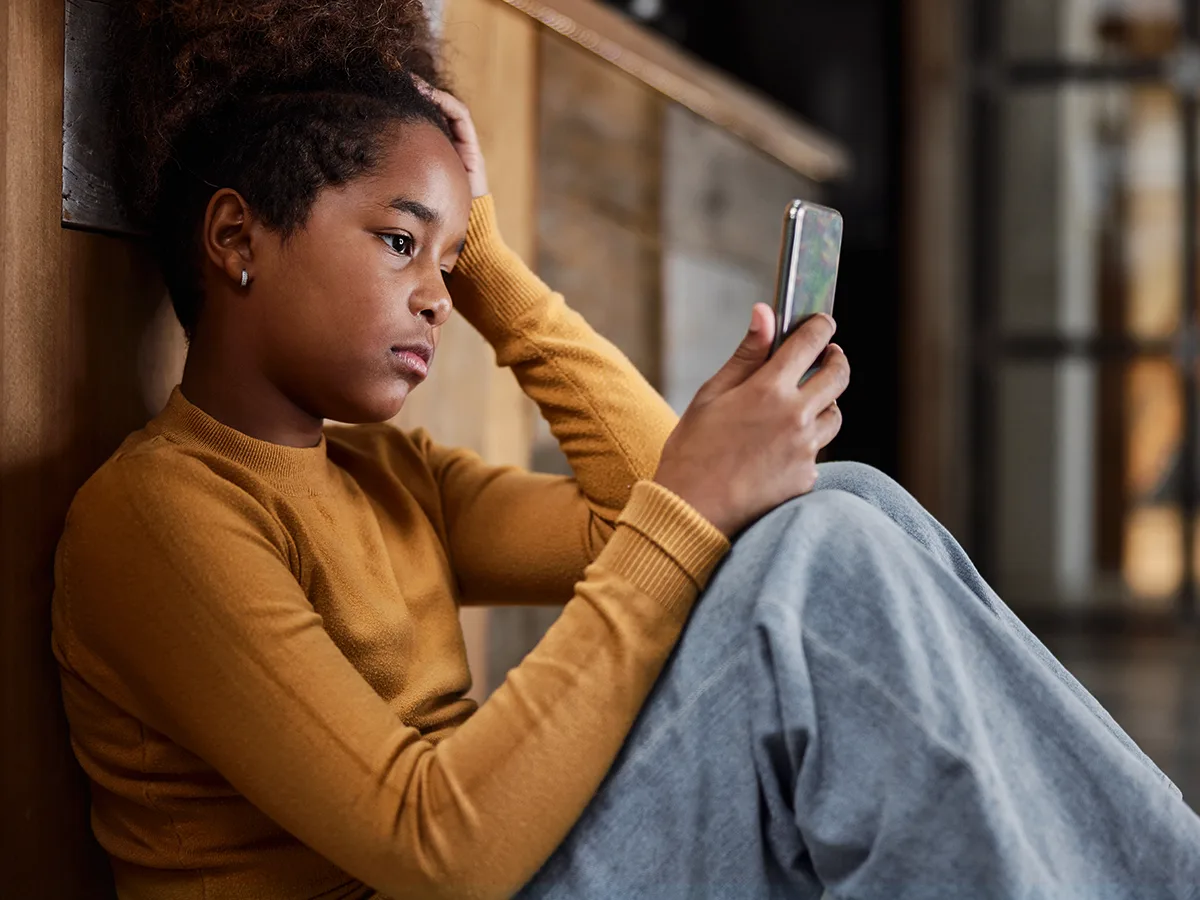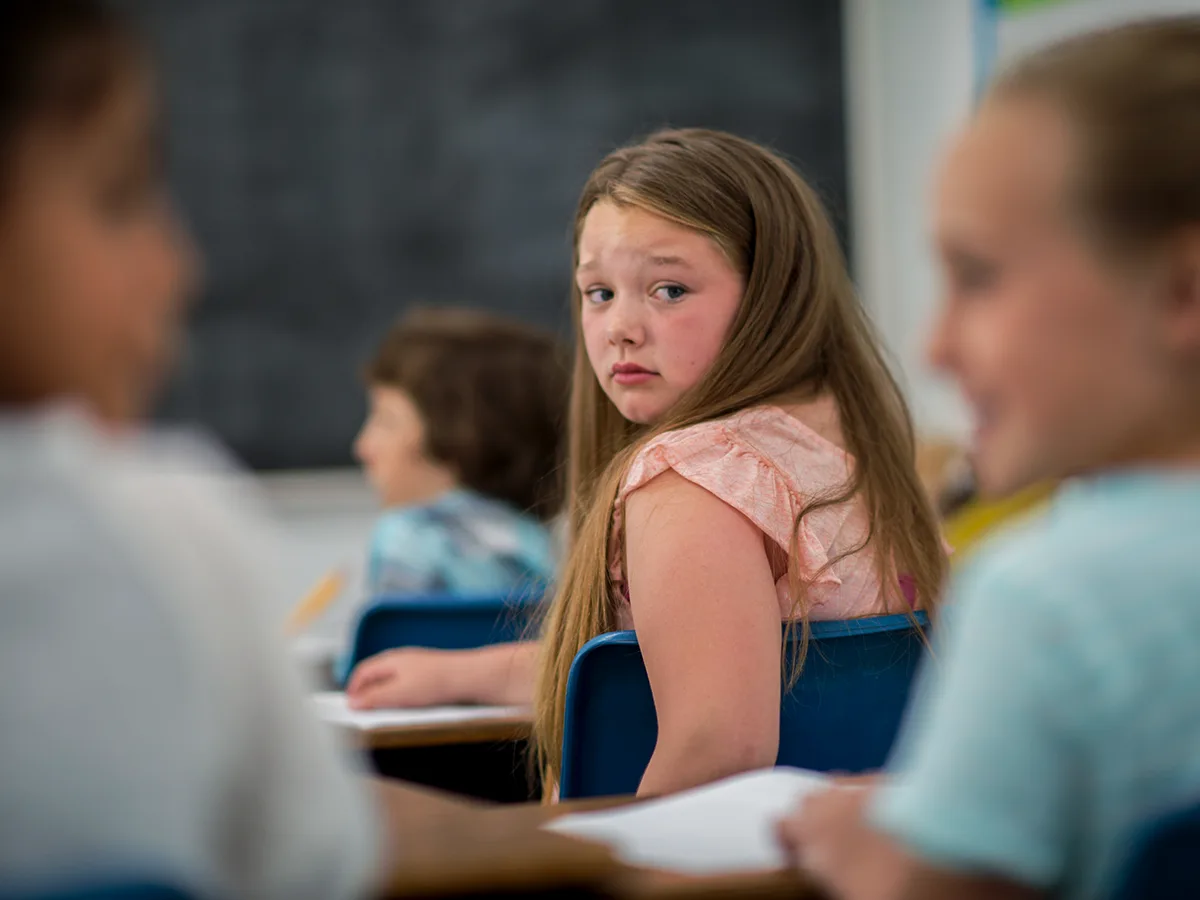What to do when your child is the bully
There’s a lot of advice on what to do when kids are being bullied. But what do you do when your child IS the bully? The good news is parents can do a lot to help. Check out these tips to help you help your child stop bullying.

At a glance
Kids don’t always know what counts as bullying.
Children who learn and think differently sometimes misread situations.
There are ways to help kids stop bullying behavior.
Kids who learn and think differently are often bullied. But they sometimes do the bullying, too. Hearing that your child is bullying others can be really upsetting. But there’s a lot parents can do to help.
All kids do things that might seem like bullying sometimes. An episode or two of excluding, picking on, or being mean to other kids doesn’t necessarily mean there’s a larger problem. But if your child is repeatedly doing these things, or being physically or verbally abusive, it’s time to act.
Kids with differences might bully because they:
Feel the need to gain control.
Are being bullied themselves.
Feel frustrated and powerless over challenges.
Even if there are reasons for the behavior, bullying is never OK. Kids need to know that when they’re mean or threatening to other kids, they’re being a bully. Teaching kids to manage their emotions and actions is a step toward stopping bullying in its tracks. Here’s how.
Make sure your child knows what bullying is.
Don’t assume your child knows what counts as bullying. Kids who learn and think differently may misread situations or not realize how their actions are impacting others.
For example, a child with ADHD might not know when teasing becomes bullying. You may need to explain that it crosses the line when it’s a pattern of unwelcome behavior and the other person tells you to stop or acts like they don’t like it.
Be clear that you’re not OK with bullying.
Tell your child that you don’t think it’s funny, cool, or acceptable to hurt others or make them feel bad. That goes for siblings as well as peers. If your child’s school has anti-bullying policies, review them with your child. This can help your child understand that there are rules in place and expectations in other places besides home.
Calmly talk through bullying incidents.
What did you do?
Why was that a bad choice?
Who did your actions hurt?
What were you trying to achieve?
Next time, how can you achieve that goal without hurting other people?
Don’t let bullying slide.
You may not think these incidents are that serious. But your child needs to know that bullying isn’t allowed and there will be negative consequences. No matter what, your child should apologize to the victim. Then, your child might lose a privilege. That might be TV or cell phone privileges or missing a favorite activity.
Stay on top of your child’s behavior.
Who does your child hang out with? How does your child spend their time? What does your child do online? Try to monitor how your child acts in different areas of their life. Call out bullying behaviors as soon as you notice them. This helps kids begin to understand more fully what is and isn’t acceptable.
Get others on board.
Talk with your child’s school and the adults in charge of outside activities. See if you can get everyone on the same page when it comes to expectations. And find out if they can help your child work on developing better social and problem-solving skills. If they’ve had success in stopping bullying with other kids, they may have other good advice.
Learn more:
Key takeaways
Be very clear that bullying isn’t allowed.
Calling out bullying behavior helps kids understand what is and isn’t acceptable.
It helps for the adults in your child’s life to be on the same page about bullying.





